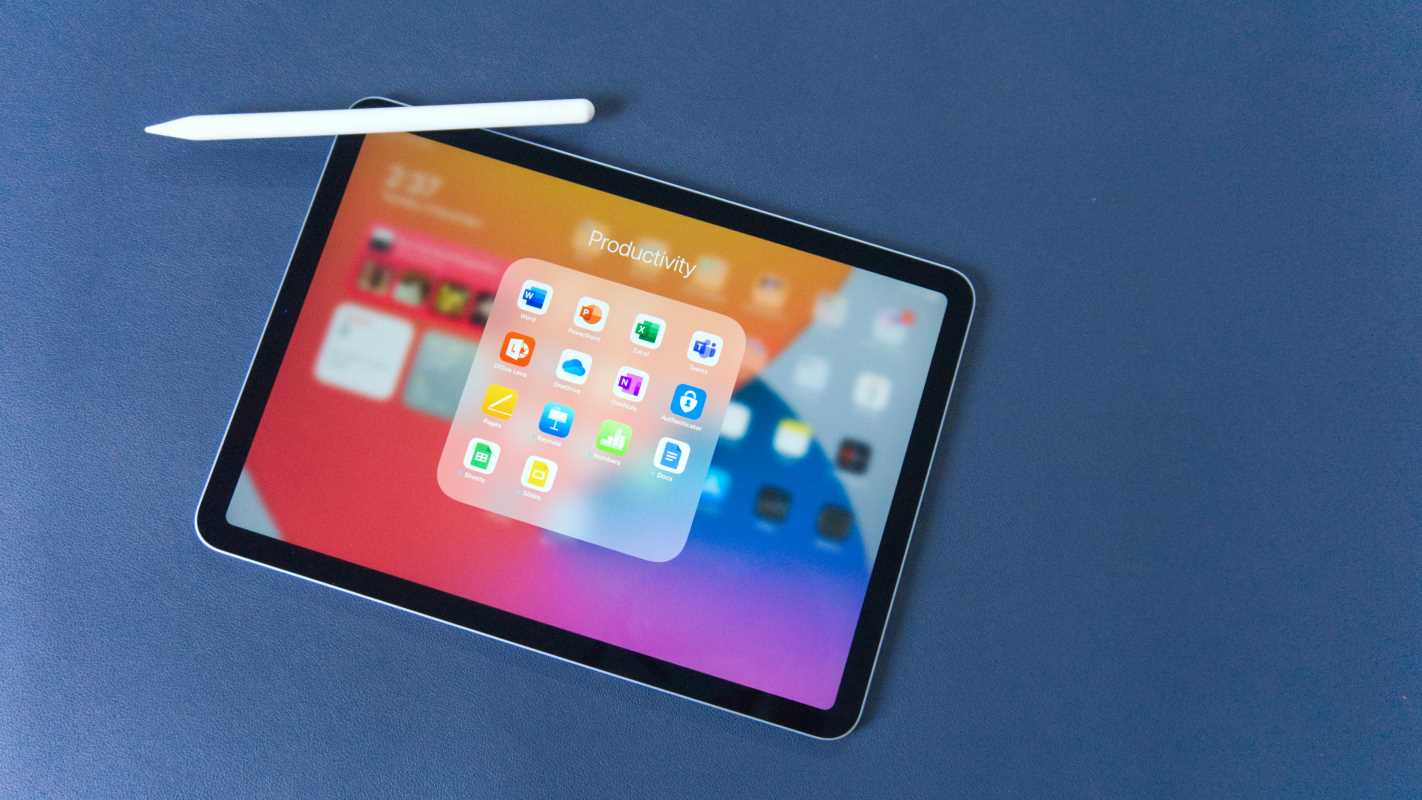Imagine a computer so powerful it could solve problems that would take our current best supercomputers billions of years to crack. This isn't science fiction. This is the promise of quantum computing, a revolutionary approach to calculation that’s poised to redefine everything we know about technology, science, and the world around us.
For decades, we've relied on classical computers—the laptops, phones, and servers that power our daily lives. These machines are incredible feats of engineering, but they have fundamental limits. Quantum computing shatters those limits, opening up a new universe of possibilities. To understand why this is such a monumental leap, we first need to look at how our current computers work and where they fall short.
The Limits of Classical Computing: Bits and Bytes
Every computer you've ever used operates on a simple principle: bits. A bit is the most basic unit of data, and it can exist in one of two states: a 0 or a 1. Think of it like a light switch that is either off (0) or on (1). All the amazing things your computer does, from streaming movies to sending emails, are just complex sequences of these on-and-off signals.
This binary system has served us well. Moore's Law, the observation that the number of transistors on a microchip doubles about every two years, has driven exponential growth in computing power. We've managed to shrink these "light switches" to near-atomic sizes, packing billions of them onto a single chip.
But we are rapidly approaching a physical wall. When components get so small that they are only a few atoms across, the strange rules of quantum mechanics start to take over. Electrons can do bizarre things, like "tunneling" through barriers, which can cause errors and make the computer unreliable. We are hitting the fundamental physical limits of what classical bits can do. More importantly, certain types of problems are just too complex for binary logic, no matter how many bits you throw at them. This is where quantum computing enters the picture.
A Quantum Leap: Welcome to the World of Qubits
Quantum computers are built on a completely different foundation. Instead of bits, they use "qubits." A qubit, like a bit, can be a 0 or a 1. But here's where it gets mind-bending: thanks to a principle called superposition, a qubit can also be a 0 and a 1 at the same time.
How is this possible? Think of a spinning coin. While it's in the air, it's neither heads nor tails—it's in a state of both possibilities. Only when it lands and you measure it does it settle into a definite state of either heads or tails. A qubit is like that spinning coin. It exists in a fuzzy, probabilistic combination of 0 and 1 until you measure it.
This ability to exist in multiple states at once gives quantum computers their incredible power. While a classical computer with two bits can represent one of four possible combinations (00, 01, 10, or 11) at any given moment, a quantum computer with two qubits can represent all four combinations simultaneously. Add a third qubit, and it can represent eight combinations. With just 300 qubits, a quantum computer could represent more combinations than there are atoms in the known universe. This exponential scaling is what allows quantum computers to explore a vast number of possibilities at once.
There's another strange quantum property that gives these machines an edge: entanglement. Entanglement is a mysterious connection between two or more qubits. When qubits are entangled, their fates are linked, no matter how far apart they are. If you measure one entangled qubit and find it's a 0, you instantly know its partner is a 1. Albert Einstein famously called this "spooky action at a distance." This interconnectedness allows for complex calculations and information processing that are impossible in a classical system.
What Problems Can Quantum Computers Solve?
So, what can we do with all this power? It's important to note that quantum computers won't replace your laptop for browsing the web or writing documents. They are specialized machines designed to tackle specific, incredibly complex problems that are currently unsolvable.
1. Drug Discovery and Materials Science
Simulating molecules is a massive challenge for classical computers. The interactions between atoms are governed by quantum mechanics, and the complexity grows exponentially with each atom you add. This is why developing new drugs and materials is often a slow, expensive process of trial and error.
A quantum computer, which operates on the same quantum principles, is perfectly suited for this task. It can accurately simulate molecular behavior, allowing scientists to design new drugs tailored to fight diseases like Alzheimer's or cancer. It could also help us create revolutionary new materials, such as room-temperature superconductors that would enable lossless energy transmission or more efficient batteries.
2. Financial Modeling and Optimization
The financial world is a web of complex variables. Predicting market trends or optimizing an investment portfolio involves sifting through a mind-boggling number of possibilities. Classical computers can only analyze a fraction of these, relying on approximations and simplifications.
Quantum algorithms could analyze all potential outcomes simultaneously, leading to far more accurate financial models and risk assessments. This could help stabilize economies, create more efficient markets, and unlock new investment strategies. The same goes for complex logistics problems, like optimizing shipping routes for a global delivery company or managing air traffic control.
3. Artificial Intelligence and Machine Learning
Quantum computing has the potential to supercharge artificial intelligence. Machine learning models, particularly complex ones, require training on massive datasets. Quantum algorithms could dramatically speed up this process and identify patterns that are too subtle for classical computers to find. This could lead to more advanced AI, capable of solving problems in fields ranging from climate change modeling to personalized medicine.
4. Breaking Modern Cryptography (and Building a Better Version)
Most of the world's secure data—from your bank account information to government secrets—is protected by encryption that relies on one simple fact: it’s incredibly difficult for classical computers to factor large numbers. This is the basis of popular encryption methods like RSA.
For a quantum computer, however, factoring large numbers is a relatively simple task thanks to an algorithm developed by Peter Shor. A powerful enough quantum computer could theoretically break most current forms of encryption, posing a significant threat to global security. But don't panic. Researchers are already developing "quantum-resistant" cryptographic methods to safeguard our data in a post-quantum world. Quantum principles can also be used to create un-hackable communication networks, a field known as quantum cryptography.
The Challenges Ahead
While the potential is enormous, building a functional, large-scale quantum computer is one of the greatest engineering challenges of our time. Qubits are incredibly fragile. The slightest disturbance—a tiny change in temperature, a stray vibration, or an electromagnetic field—can cause them to lose their quantum state in a phenomenon called "decoherence." This "noise" introduces errors into the calculations.
To prevent this, quantum computers must be kept in highly controlled environments. They are often housed in large, specialized refrigerators that cool the quantum chips to temperatures colder than deep space, just a fraction of a degree above absolute zero. Scientists and engineers are working tirelessly to develop better error-correction techniques and build more stable qubits. We are still in the very early days, much like the vacuum tube era of classical computing in the 1940s.
The journey from here to a fault-tolerant, universal quantum computer will be long. But the progress is real and accelerating. What was once purely theoretical is now being built in labs around the world. As we continue to push the boundaries of what's possible, quantum computing promises not just an incremental improvement, but a fundamental paradigm shift that will unlock a new era of discovery and innovation.
 (Image via
(Image via





.jpg)